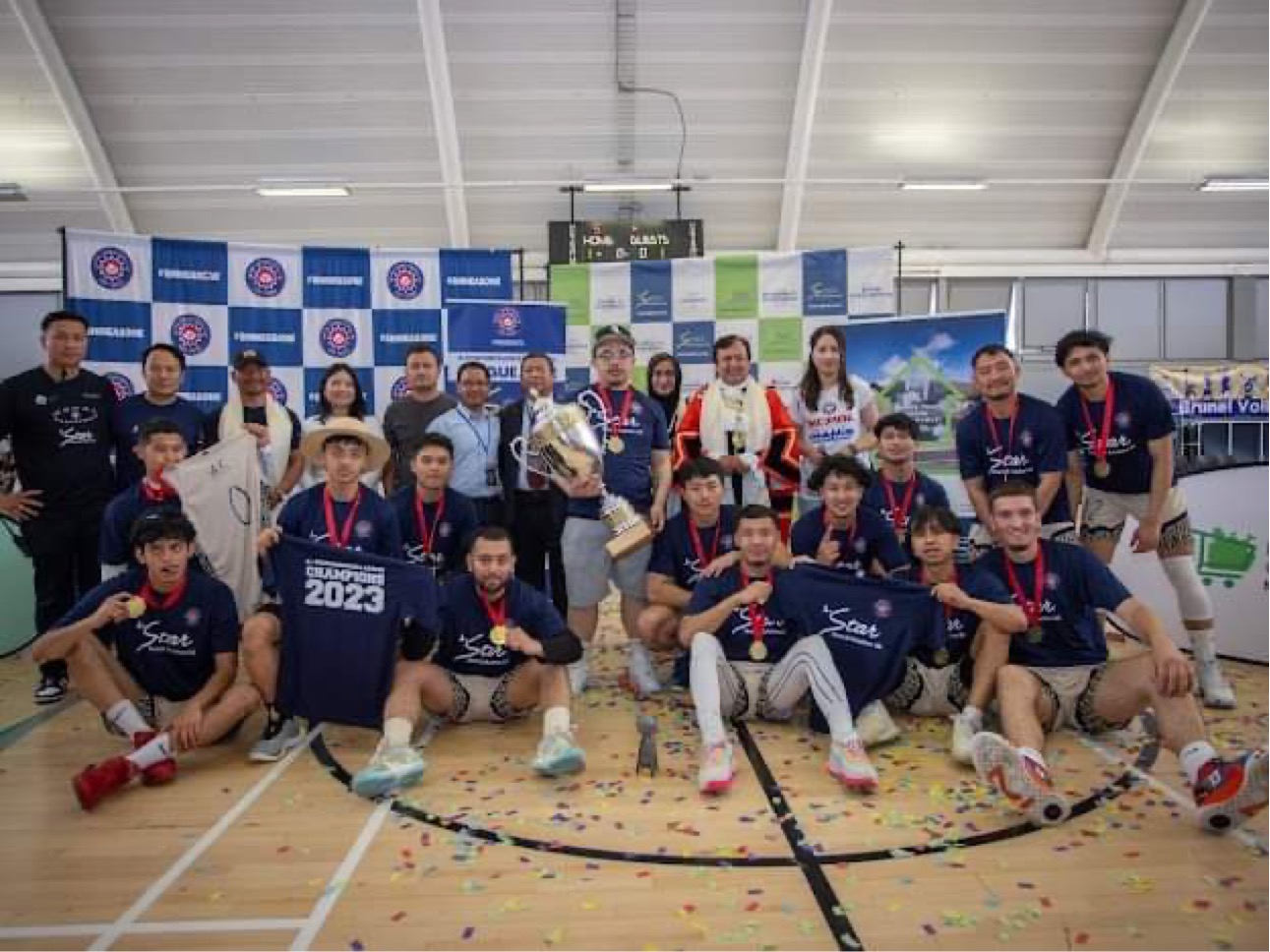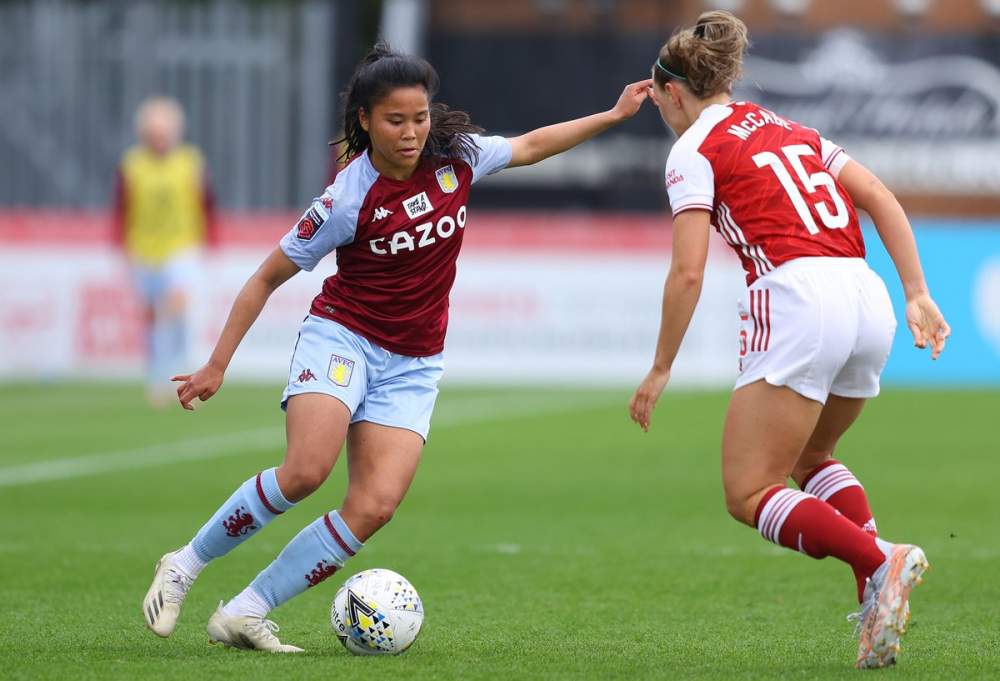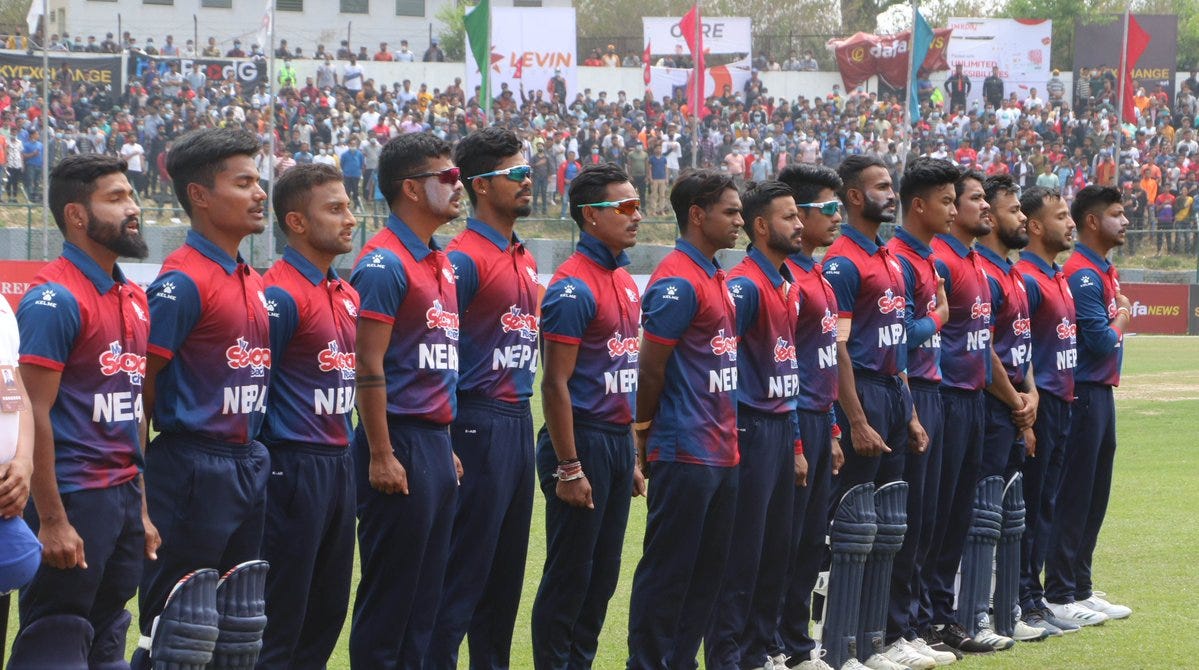Football must stop blaming British South Asian communities for under-representation

Senior lecturer in Media and Cultural Studies, Leeds Beckett University
When one of the most senior figures in English football was forced to resign over “unacceptable” language there was renewed discussion around British football’s “Asian problem”. While speaking to a select committee, the now former FA Chairman, Greg Clarke, referred to people of colour as “coloured” and said that British South Asians work in IT, rather than play professional football because of their “different career interests”.
These are lazy, outdated stereotypes. Sadly, he was probably correct in saying there are more British South Asians within the FA’s IT department than playing professional football in England – after all, there are only 12 British South Asian male footballers out of approximately 4,000 professionals across the 91 clubs.
Yes, there are some great role models out there. Yan Dhanda continues to make a big impact at Swansea City FC, both on and off the field. But by the end of the 2018-19 season, only five British footballers of South Asian descent (that includes Pakistani, Indian or Bangladeshi) had played in the Premier League – Jimmy Carter, Michael Chopra, Hamza Choudhury, Zesh Rehman and Neil Taylor.
I have researched this exclusion for over a decade and I’ve found that football is woven into the fabric of British South Asian cultures. Writing in their 1998 book Corner Flags And Corner Shops, Jas Bains and Sanjiev Johal, said:
I am now left wondering whether Clarke has ever spoken to any British South Asian people about football, because he completely failed to acknowledge this rich history and passion for the game. Instead, Clarke relied on uninformed and unhelpful stereotypes as he blamed British South Asians to help make sense of this exclusion. He implied that it is the British South Asian “culture” that prevents inclusion and success. In turn, this negates any responsibility from the FA and disregards structural forms of racism.
‘New’ surveys, old news
What Clarke’s comments did was demonstrate how leading institutional figures – responsible for ensuring the game is truly inclusive, diverse and equal – are so out of touch with modern Britain. In the days following his resignation, British South Asians and football continued to make the headlines after a new survey “revealed” football’s “British Asian problem”.
Sports and entertainment agency, Beyond Entertainment, and the Football Supporters Association surveyed 500 football fans and found that almost half of the participants wanted football to do more to increase British South Asian participation levels. The survey found that 86% of fans they spoke to believed role models were important and 42% suggested that football isn’t taking this problem seriously enough.
This survey is helpful in that it attempted to publicly highlight the issue. But what does it offer that we don’t already know? The answer is, very little. Research has been delivering this same information around British Asians and football for years.
In 1991, Manchester Metropolitan University revealed that British Bangladeshi boys played football, on average, more than white British boys. In 1996, football writers Jas Bains and Raj Patel published the first comprehensive report investigating British South Asians in football. Daniel Burdsey and Aarti Ratna – respected academics with expertise in sport, race and ethnicity – have also investigated the exclusion. Their work has helped to further understand the barriers and how they can be overcome.
In 2016, I published my own research which explored the nuanced experiences of British South Asian football communities and offered recommendations for reform. This entire body of work centres on British South Asian voices and all of the proposed inclusion strategies are empirically grounded. If researchers, organisations or agencies plan on launching surveys into this topic then one of the most useful things they can do first is look into what previous work has been done so they can build upon it – not repeat the same ideas.
Turning the page
It’s time for a fresh approach. The evidence is out there and we know what the exclusionary factors are. “New” reports illustrating that there is a “problem” don’t push the issue forward – they keep the conversation static.
The focus must now be on what needs to change and how. All that previous research has already offered up solutions, including: increasing pathways into the professional game, developing opportunities within grassroots football, stamping out overt forms of racism and profiling role models from across the game.
Role models are important for two reasons. First, they play a powerful role in igniting peoples’ self-belief. They also challenge stereotypes held by institutional insiders such as scouts, coaches and managers – some of whom may perceive British South Asians to be a “gamble”.
Only when the narrative is changed, will the game stop treading water on this issue. British football must stop blaming British South Asian communities and avoid lazy stereotypes. Instead, the game must highlight the positive stories of role models – past and present – and challenge narrow perceptions.
British South Asian voices must be heard and be heavily involved in the construction of counter measures. Only when this is done will we see a world where they are considered a true part of British football culture – and not just members of the FA’s IT department.
From : The conversation



















Facebook Comments